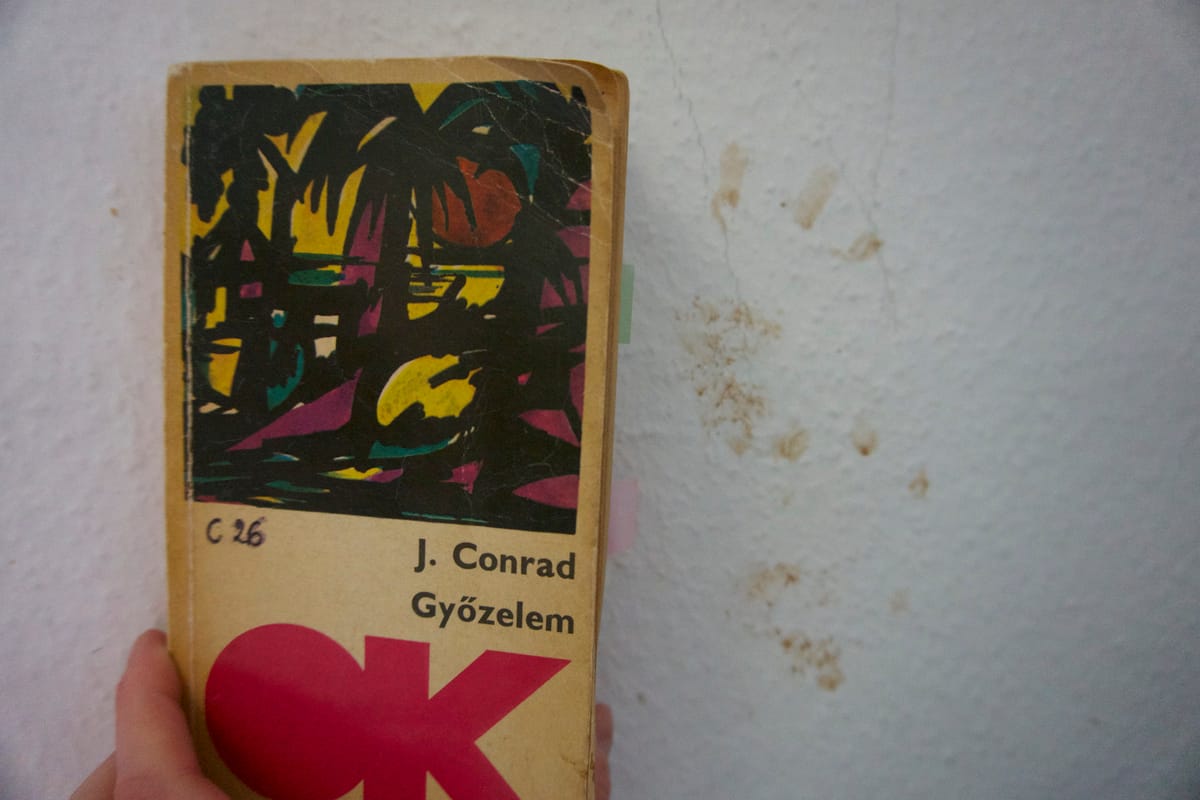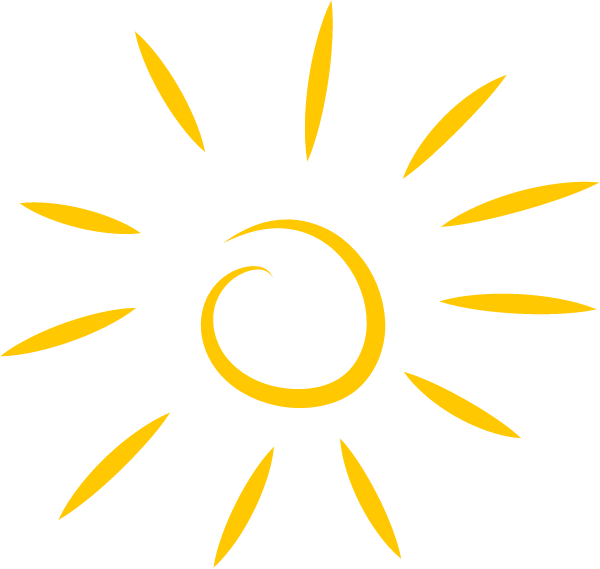Up next / Joseph Conrad: Victory
"I’ve never written one [novel] without rereading Victory. It opens up the possibilities of a novel. It makes it seem worth doing." (Joan Didion)

Joseph Conrad: Victory (1915)
The question of 'Why This Book':
I'm going to start the answer from far far way. (Patience is the one thing you are going to need to read Joseph Conrad's Victory anyway.)
Why did I pick up this book? Because Joan Didion told me so. I don't want to pretend that I know many books of Joan Didion but I surely know her The Year of Magical Thinking, which I believe will be forever a classic and one of the best nonfictions ever written on loss and grief. It's so amazing that I'm not even sure if it's nonfiction, the way I'm not sure if Hemingway's A Moveable Feast is a nonfiction.. I also read Didion's Blue Nights because it's the sequel to the first book for anyone who has the guts to treat other people's life as a story. (Don't we all?)
Joan Didion is a person who lost the love of her life and her daughter within two years. She is also a writer who can put the unimaginable into words. While The Year of Magical Thinking is about the loss of her husband, Blue Nights focuses on her daughter's fate. The first book is one of my favorite books. The second is a testament that even great writers have certain art-destroying blocks when it comes to expressing grief over the loss of their child. I also read Didion's Goodbye to All That, the ONLY essay anyone interested in New York City must read (by clicking on the link you can do that right away!) But these three pieces of art and the fact that Didion's literary icon was no one else than Ernest Hemingway, are more than enough for me to take her words to my heart when she says:
"I often reread Victory, which is maybe my favorite book in the world… The story is told thirdhand. It’s not a story the narrator even heard from someone who experienced it. The narrator seems to have heard it from people he runs into around the Malacca Strait. So there’s this fantastic distancing of the narrative, except that when you’re in the middle of it, it remains very immediate. It’s incredibly skillful. I have never started a novel — I mean except the first, when I was starting a novel just to start a novel — I’ve never written one without rereading Victory. It opens up the possibilities of a novel. It makes it seem worth doing."
(The Paris Review, 2006)
And so I picked up Victory, and frankly it was the surprise of the year. What a book!
I'm not saying it's easy to read, but who wants it easy all the time? I read A Game of Thrones and loved it alright, but reading its second book right away without going into something more intense first? No thanks. Enters Conrad.
I'll share my review with you here soon. No spoilers. No spoilers. No spoilers.
It's an important promise when it comes to thrillers...
🇬🇧
